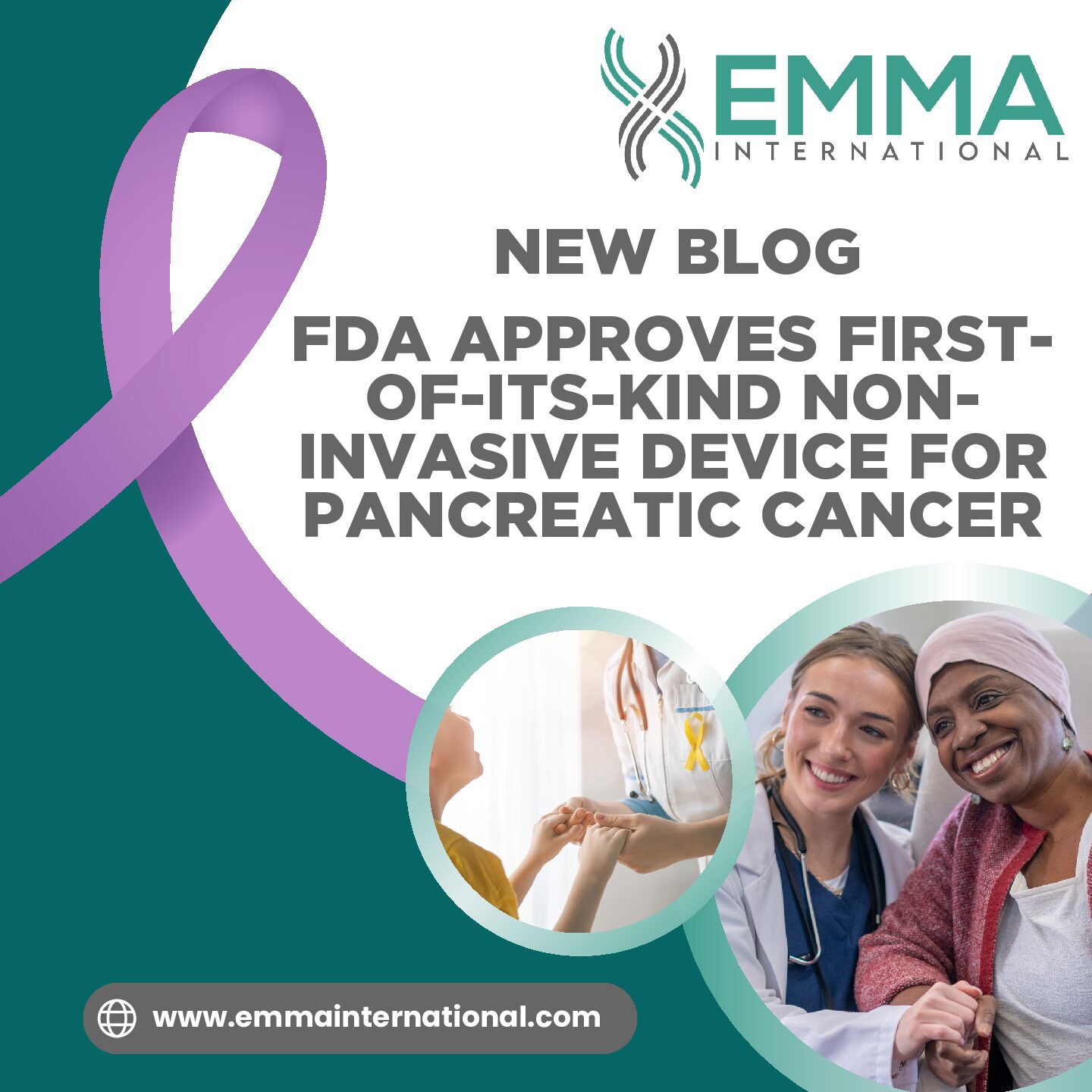Medical Device user fees are something all medical device firms should be well acquainted with. Under the user fee system, medical device companies must pay fees to the FDA when they register their establishments and list their devices. Additionally, there are fees associated with submitting an application or notification to market a new medical device. The fees change year-to-year and vary widely based on the application type; for example, a 510(k) standard fee for FY 2020 is $11,594, while the standard fee for a De Novo Classification Request is priced at $102,299.1
Medical device user fees were first established in 2002 by the Medical Device User Fee and Modernization Act (MDUFMA). Over the years, Medical Device User Fee Amendments (MDUFA) have gone through several iterations, with the most recent (MUDFA IV) being activated by the 2017 FDA Reauthorization Act (FDARA), which puts MDUFA IV in place through FY 2022. The goal of MDUFA is to provide additional funds to the agency, which will in turn allow it to better serve public health by allocating more resources for thorough and efficient review of devices.2 There is a long list of performance goals associated with MDUFA that the agency is committed to meeting and publicly reporting. For example, for 510(k) submissions in FY 2020, the total time to decision goal for the agency is 116 calendar days. For PMA submissions received in FY 2020, the agency’s goal for average total time to decision is 290 calendar days.3
Part of MDUFA and the associated performance goals is the agency’s commitment to report how closely they’re meeting, or missing, their goals. The COVID-19 pandemic has had far-reaching impacts on all parts of the medical device industry, and MDUFA is no exception. The agency released a guidance document to provide insight on how the agency is handling the MDUFA performance goals and timelines amidst the pandemic. The agency conceded that it will likely miss some of its MDUFA goals due to the increased workload related to EUAs and other COVID-19 related work. The agency explained that it intends to give device sponsors an additional 90 days to respond to major deficiencies for PMA, HDE, 510(k), and De Novo submission requests, among other considerations.4
Market submission applications, and their associated fees and timelines, have been complicated by the ongoing pandemic. If you need help navigating the current regulatory landscape for your device, EMMA International has the expertise to help. Give us a call at 248-987-4497 or email info@emmainternational.com to get connected with our team of regulatory experts!
1FDA (August 2020) Medical Device User Fee Amendments (MDUFA) retrieved on 08/09/2020 from: https://www.fda.gov/industry/fda-user-fee-programs/medical-device-user-fee-amendments-mdufa
2FDA (July 2020) MDUFA Performance Reports retrieved on 08/09/2020 from: https://www.fda.gov/about-fda/user-fee-performance-reports/mdufa-performance-reports
3FDA (Dec 2016) MDUFA Performance Goals and Procedures, Fiscal Years 2018 through 2022 retrieved on 08/09/2020 from: https://www.fda.gov/media/102699/download
4FDA (June 2020) Effects of the COVID-19 Public Health Emergency on Formal Meetings and User Fee Applications for Medical Devices retrieved on 08/09/2020 from: https://www.fda.gov/media/139359/download




